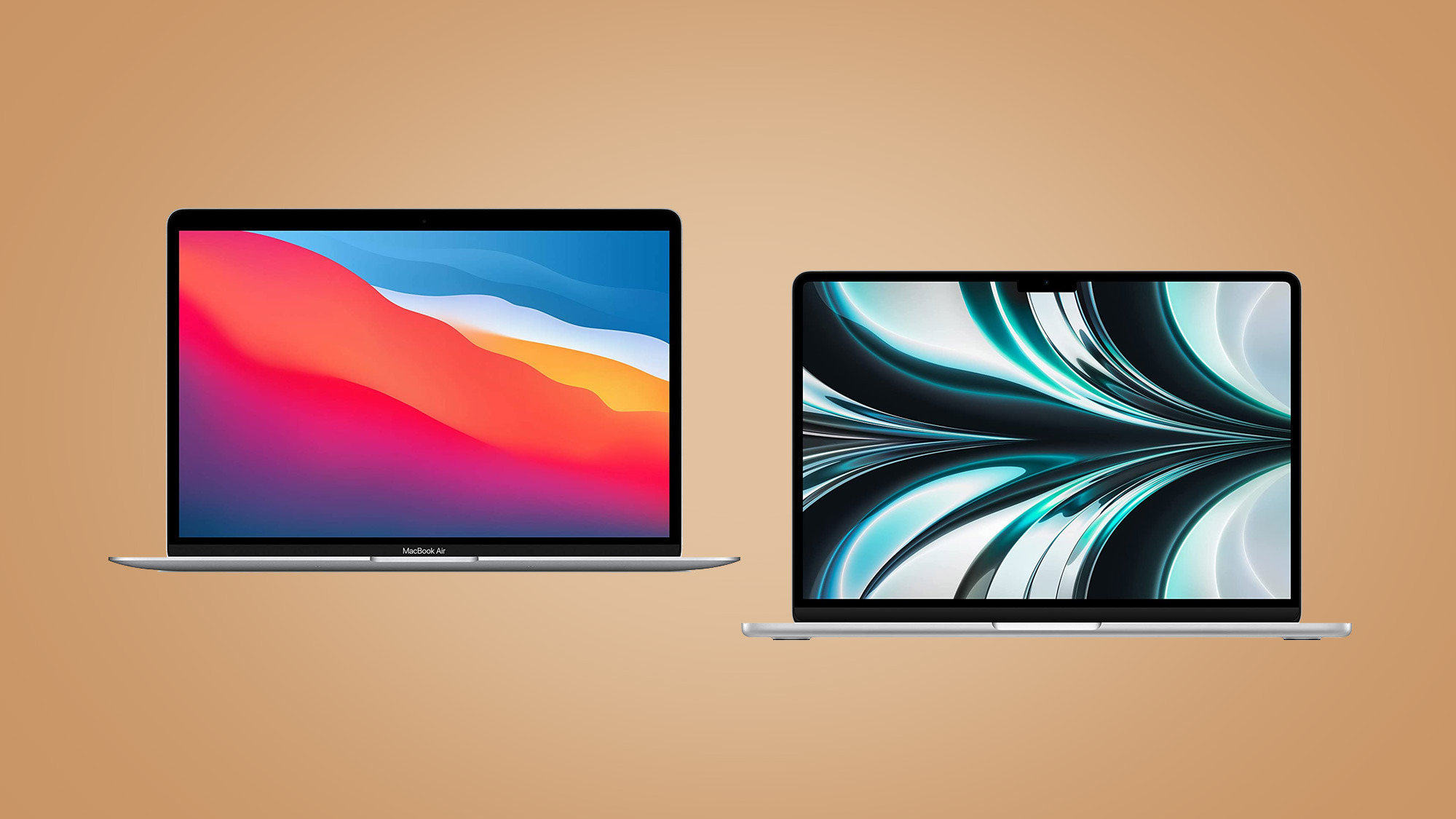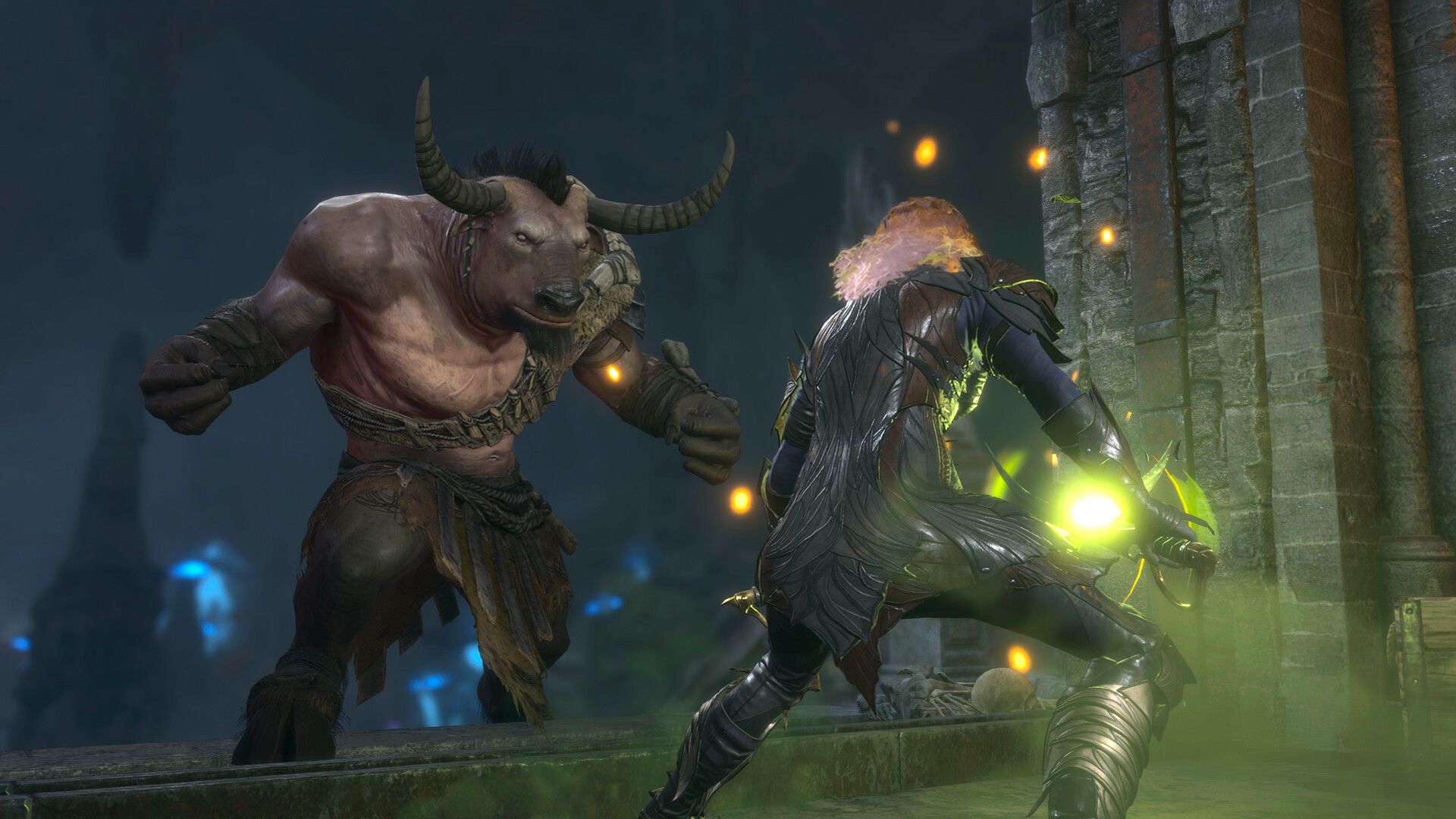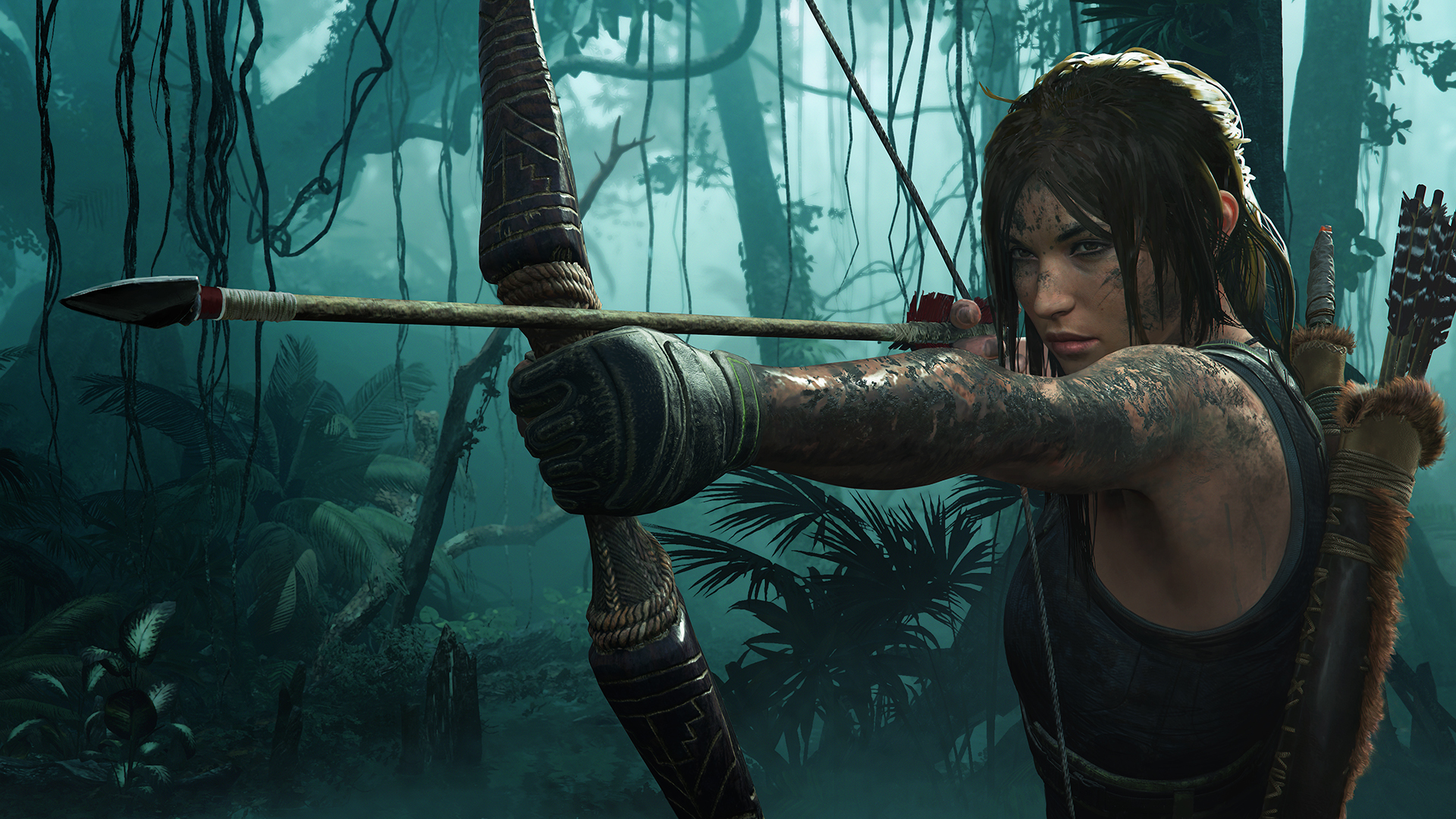Which MacBook Air is better for gaming, the 13-inch M1 or 15-inch M2?
The M1 and M2 MacBook Airs are more than capable of gaming

For Mac users, gaming natively can be arduous thanks to the limited library available on online storefronts. And while Apple has been making slow but steady improvements on that front, Nvidia’s GeForce Now streaming service is the best choice for those needing access to solid gaming options. Even those using older Mac devices, like the M1 MacBook Air, can easily stream AAA titles.
However, even with access to a superior game library, how does performance fair? For the best PC games that you can download and run locally, is it worth the extra steps? Can you get a better experience through that rather than paying for the GeForce Now subscriptions? And if you’re committed to gaming directly on either the M1 MacBook Air or M2 MacBook Air, is it still viable to use these older models or should you invest in the most recent models with the most powerful chips?
There are numerous factors at play when it comes to deciding the right Mac gaming system and game platform (streaming or local). I thought, though, the easiest way to understand which systems are right for which gaming jobs would be to put the 13-inch M1 MacBook Air and 15-inch M2 MacBook Air through a battery of tests that relied on both the power of Apple silicon and game streaming.
You can use what I've learned to decide what the best option is for Mac gaming, for those who can’t afford MacBook Pros, iMacs, and Mac minis outfitted with the latest in M2-series chips.

How they hold up natively
Native performance is the most distinctive difference between the M1 and M2 MacBook Airs, as the latter boasts much-improved performance and power over its predecessor. Since gaming performance depends entirely on Apple’s CPU, I predicted that the M2’s performance would be leagues ahead of the M1, leading to higher framerates when testing out the best PC games.
I tested both MacBook Airs with two games, Shadow of the Tomb Raider and Total War: Warhammer III, as the former is primarily a GPU-reliant game and the latter depends more on CPU power. Running the Total War 3 benchmark on Medium settings for M2 MacBook Air, the average fps was 24, versus the 20 fps on Medium settings for the M1 MacBook Air. Interestingly, there's not much of a difference between the two laptops.
Next, I tried out Tomb Raider’s benchmark on both Medium and High settings for the two MacBooks. The M2 was able to smoothly maintain over 30 fps on both Medium and High settings, with little difference between the two settings in terms of performance.
Get daily insight, inspiration and deals in your inbox
Sign up for breaking news, reviews, opinion, top tech deals, and more.
The M1, on the other hand, struggled on Medium settings at 20 fps, with noticeable dips and stuttering when it came to rendering more complex environments. High settings proved disastrous with framerates dipping as low as 5 fps.

How does GeForce Now compare between the two
When it comes to game streaming service Nvidia GeForce Now, the best performance is determined by the subscription you have (with the 'Ultimate' tier being the highest, equivalent to an RTX 4080 graphics card) and by how strong your internet connection is, as proven in my previous piece. Titles like Dying Light 2, Cyberpunk 2077, and Octopath Traveler run pretty smoothly when both conditions are met, at times nearly rivaling native gaming in most aspects except for latency.
And when gaming through GeForce Now on the M1 MacBook Air and M2 MacBook Air, this holds true for both laptops. I tested out Baldur’s Gate 3, a graphically intense title that requires high specs for its more impressive settings. Yet on both the M1 and M2 Macs, the framerate was locked in at 60 fps, with not a single frame drop or instance of stuttering.
As a lifelong gamer, I cannot stress enough that GeForce Now is by far the best way to game on any Mac device. The level of performance and stability you get from the service, especially for devices that aren’t equipped with M2 Pro or higher silicon, far surpasses most natively run games, unless you’re running a high-spec machine.

Final thoughts
Native gaming on the 13-inch M1 MacBook Air and 15-inch M2 MacBook Air is more than possible, even with high-end PC titles, though you need to set each game on lower quality settings in order to bump up the framerate. This is especially true for the M1 Mac, which is consistently outclasses by the M2 Mac’s power and is barely able to handle Medium settings. That said, both chips are quite underpowered when it comes to more demanding titles, and while the base M2 is clearly superior it still’s not suitable for hardcore gaming.
However, when it comes to GeForce Now performance, both Macs perform equally well as long as they’re connected to the same fast internet connection and use the Ultimate subscription tier that affords the best streaming specs. Considering the benchmark results for M1 and M2’s native performance, the current best method of Mac gaming is through streaming.
I also noticed that the 15-inch display on the M2 MacBook Air was a significant improvement for gaming, as it makes both the environment and the UI easier to see. At this point, however, both M1 and M2 displays don’t have the specs to fully take advantage of HD, QHD, and 4K resolutions that higher-end PC games support. A good fix for those who prefer streaming is to invest in one of the best monitors that support a USB-C connection.
If you’re truly serious about native Mac gaming, then you’re best off investing in a MacBook Pro with a more powerful M-series chip. But if you’re not obsessed with the best specs or high latency and simply want to enjoy playing your favorite games on a budget, then the 15-inch M2 MacBook Air is the better laptop for you as it offers a more stable framerate for those into native gaming and an improved display if you prefer the GeForce Now service.
You might also like

Named by the CTA as a CES 2023 Media Trailblazer, Allisa is a Computing Staff Writer who covers breaking news and rumors in the computing industry, as well as reviews, hands-on previews, featured articles, and the latest deals and trends. In her spare time you can find her chatting it up on her two podcasts, Megaten Marathon and Combo Chain, as well as playing any JRPGs she can get her hands on.